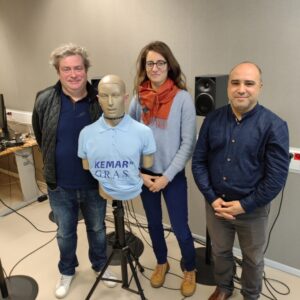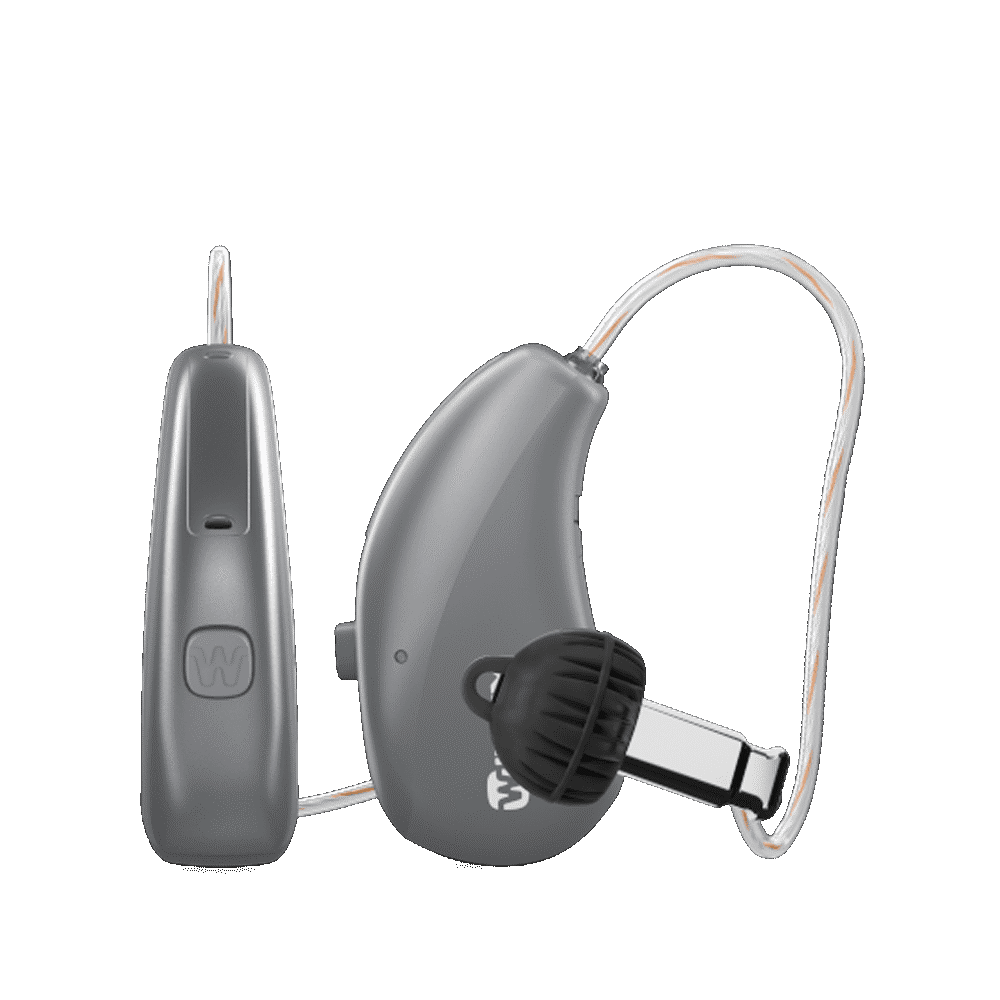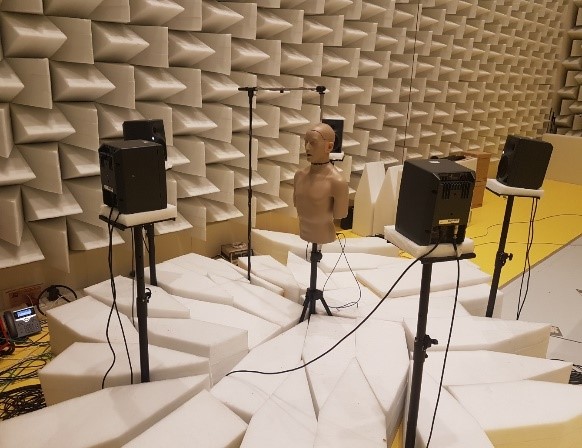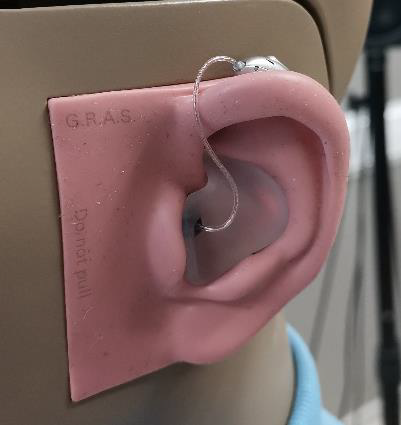The IPIAMA project concerns the evaluation of Speech Intelligibility using Artificial Intelligence methods for hearing-impaired workers wearing hearing aids.
Led by INRS’s occupational acoustics laboratory, this Lorraine-based project will be conducted in collaboration with LEMTA’s Acoustics team and LORIA’s Multispeech team.
Situation :
Poor speech intelligibility in the workplace is often the result of ambient noise. This leads to significant extra-auditory effects such as discomfort, fatigue, stress and loss of sleep, and is also likely to compromise safety, for example when verbal instructions are not understood.
The situation is exacerbated when workers have hearing impairments, and particularly for hearing-impaired workers with hearing aids.
The most difficult sound situations for hearing aid wearers are conversations with multiple speakers (meetings, multiple phone calls), which are very common in tertiary sector work environments, where hearing aid wearers rely on the spatial localisation of useful sources (binaural unmasking) to improve their understanding.
Hearing aid manufacturers offer treatment options and settings to improve understanding in noise and, consequently, reduce the extra-auditory effects associated with noise.
Psychoacoustic indicators exist to translate intelligibility in noise. But in the case of spatialised scenarios such as those encountered in the tertiary sector, no indicator exists to take into account the binaural listening involved in spatial unmasking.
Objective:
The aim of the project is to evaluate the effect of a hearing aid on speech intelligibility in noisy, spatialised sound environments.
To achieve this, objective measurements will be carried out using an artificial head fitted with a hearing aid and hearing-impaired subjects also fitted with a hearing aid for the subjective part. The data collected will serve as a training set for the development of a neural network model for predicting a new intelligibility indicator in this type of environment.
Involvement of the teams:
LEMTA’s Acoustics team will make a KEMAR acoustic dummy available to carry out measurements on hearing aids. It will also be responsible for choosing the brands and models of hearing aids, carrying out the presetting and setting the parameters of the treatment options to be tested.
LEMTA and INRS will be responsible for carrying out the measurements on the output of the hearing aids. These measurements will mainly be carried out in the anechoic chamber at INRS, which allows measurements to be taken without the effect of the room (no reverberation).
LEMTA and LORIA will supervise the calculation of existing intelligibility indicators, and LORIA will supervise the research into a new binaural intelligibility indicator, in conjunction with the development of the neural network approach.
• Funding from PNR EST *: €200 k | Duration: 36 months
•• It is planned to carry out a thesis contract (36 months) and two post-doctoral contracts (12 months each).
••
► thesis topic available HERE
* The National Environment-Health-Work Programme (PNR EST), coordinated by the French National Agency for Food, Environmental and Occupational Health and Safety (Anses), funds research into the health risks associated with our environment, including at work, and the risks to ecosystems.



